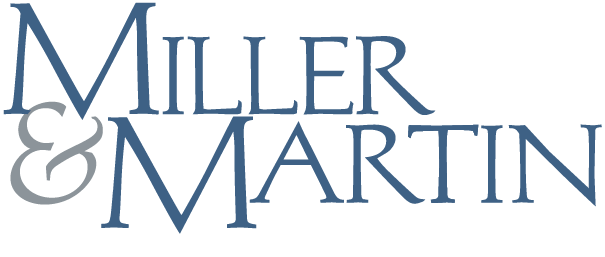It’s a Festivus Miracle: NLRB Gives Employers Trifecta of Wins!
Miller & Martin PLLC Alerts | December 18, 2019
Author: Bradford Harvey
It hasn’t been a good few weeks for unions. First, Martin Scorsese’s “The Irishman” depicted the history of corruption and mafia ties within organized labor. As one historical correction, the scene in which Jimmy Hoffa is convicted should have been set in the federal courthouse across the street from our Chattanooga office, rather than Nashville, and the judge reading the verdict was none other than the father of our own Randy Wilson. Moving to modern times, the National Labor Relations Board in the past five days has given employers three key wins, addressing union election rules, confidentiality in workplace investigations, and employers’ right to control the use of their email systems.
Slow Your Roll: New Rules Tap Brakes on “Quickie Elections.”
Last Friday the Thirteenth, the Board gave unions a nightmare by issuing new regulations that tap the brakes on the Obama Board’s 2014 “Quickie Election” rules. The new rules, which go into effect in early April, moderate election time frames, allow employers to raise more issues before an election, and give employers more opportunity to campaign. In particular, the new rules do the following:
- Extend the date for a pre-election hearing from eight calendar days to 14 business days after a union files a petition.
- Extend the time for a non-petitioning party (i.e., the employer) to file a statement of position (SOP) from the seventh calendar day to the eighth business day after a petition.
- Require the petitioner (i.e., the union) to file a responsive SOP and do so at least three business days before a pre-election hearing.
- Re-allow parties to litigate disputes over unit scope and voter eligibility at the pre-election hearing.
- Re-allow post-hearing briefs in pre- and post-election hearings.
- Provide that an election will not occur before the 20th business day after the Board issues a direction of election.
- Allow permissive filing, within ten business days, of a request for the Board to review a regional director’s adverse direction of election and impound disputed ballots if the Board does not rule on the request by the end of an election.
- Prohibit regional directors from certifying election results while a request for review is pending or before a post-election request for review can be filed.
The new rules allow the employer more time to respond to a petition and implement its counter-campaign. The rules also balance the election process so that an employer can better formulate its SOP and reduce the risk of waiving issues, while requiring the union to file its own SOP instead of ambushing the employer. The rules also allow the employer to dispute key issues like unit scope and voter eligibility on the front end, when they will have the most impact.
That said, a post-petition campaign still can be like a sprint. Employers need to have a plan and execute it, but the years of training before the starting gun fires likely will determine the winner. If an employer listens to and respects its employees before a union comes to town, the union has little to offer but taking dues from employee paychecks. On the other hand, many employers who lose elections deserve the unions they receive. As before, plan in advance to make a union unattractive and so you can be several steps ahead of the union if it ever tries to organize your employees.
Silence is Golden: Board Allows More Confidentiality in Investigations
HR-101 likely taught you that confidentiality preserves the integrity of an investigation. On the other hand, the National Labor Relations Act protects the right of employees – whether in a union or not – to talk amongst themselves about the terms and conditions of employment. A 2015 Board decision in Banner Health System had ruled that policies prohibiting employees from discussing workplace investigations generally infringe workers’ rights to act collectively.
On December 17, 2019, however, the Board by a three-to-one vote in Apogee Retail reversed course and held that such policies are generally legal as long as they are limited to the period of active investigation. The Board applied a revamped employee handbook test that it issued in December of 2017, which balances business interests in maintaining a workplace rule with the rule’s effects on workers’ labor organizing rights. The test places rules into one of three categories.
- Category 1 rules are presumptively legal because they do not affect workers’ rights or because employers’ reasons for maintaining them outweigh any infringement.
- Category 2 rules more strongly affect workers’ rights but may be legal on a case-by-case basis if employers can justify them.
- Category 3 rules are always illegal because employers cannot explain away adverse effects on workers.
The majority in Apogee placed rules that bar workers from discussing pending investigations into Category 1 because they have a “comparably slight” effect on workers’ rights, while protecting workers’ privacy and aiding investigations.
You Have Mail: Board Strengthens Employer’s Rights to Control Email
Also on December 17, 2019, the Board, in another three-to-one decision, in Caesers Entertainment Corp. ruled that the casino’s policy barring use of its email system for non-business purposes did not violate the NLRA. The decision overruled a 2014 Board decision in Purple Communications, which had held that policies blocking workers from using company email systems for union activity are presumptively invalid. Caesars effectively reinstates the Board’s prior Register Guard ruling, which said policies against using work email for company business are illegal only to the extent they treat unions differently than similar outside organizations. The new decision, though, does add an exception to allow workers to use company email when it is “the only reasonable means for employees to communicate with one another.”
For more information, contact Brad Harvey or any member of our Labor & Employment Department.

